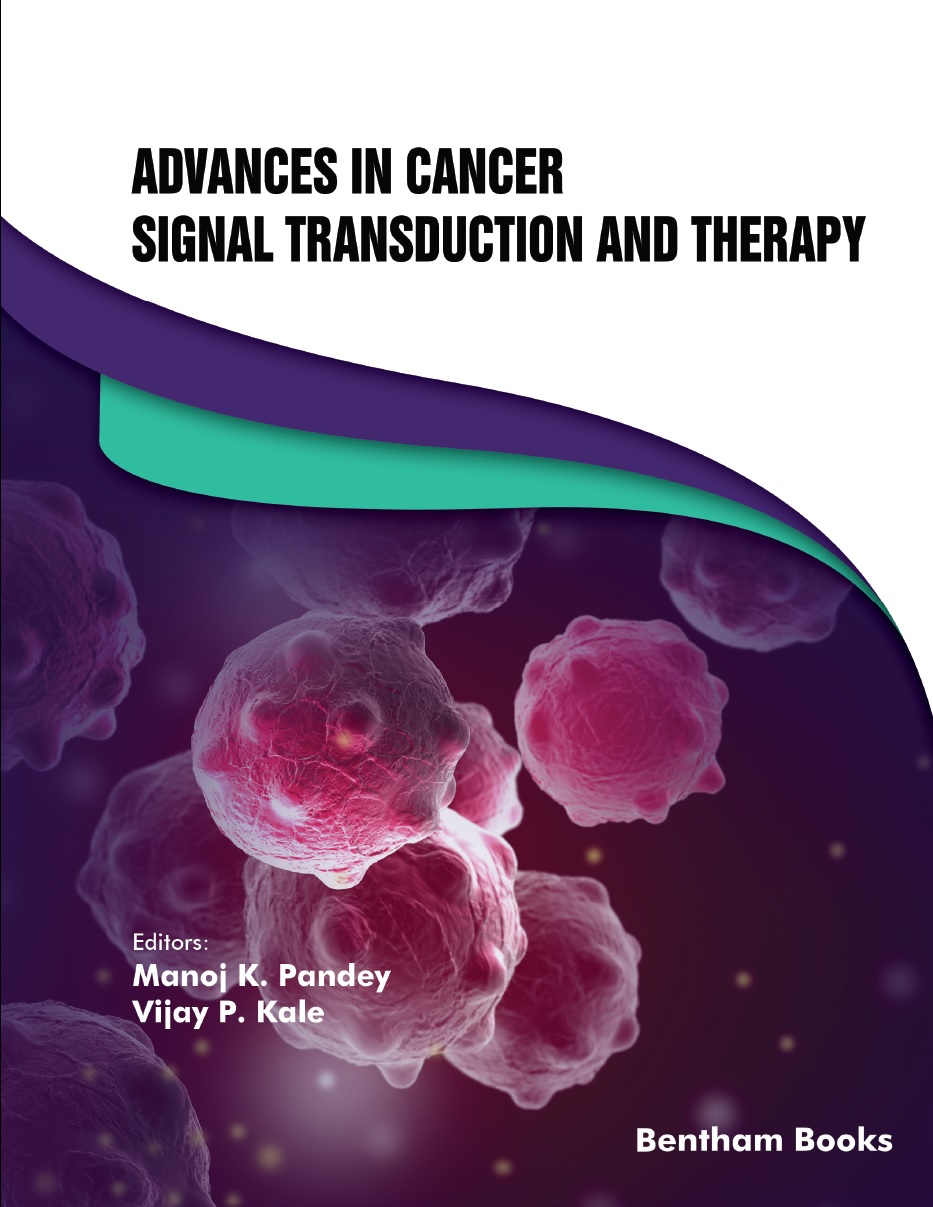Introduction
Cancer is driven by numerous genetic and epigenetic changes occurring at the cellular level. These changes drive normal cells to proliferate and escape processes that usually regulate their survival and migration. Many of these alterations are often associated with signaling pathways which regulate cell growth and division, cell death, survival, invasion and metastasis, and angiogenesis. Almost all cancer cells show high expression of signaling components including growth factor receptor tyrosine kinases (RTKs), small GTPases, serine/threonine kinases, cytoplasmic tyrosine kinases, lipid kinases, estrogen receptor, activation of transcription factors Myc and NF-κB, etc. Updated knowledge about these signaling components is highly desirable for researchers involved in developing therapies against cancer.
Advances in Cancer Signal Transduction and Therapy covers advancements in research on the signaling pathways in the human body, especially in some types of cancers, such as breast cancer, pancreatic cancer and colon cancer.
Key features of this volume include 8 focused topical reviews on signaling pathways in a specific cancer type, coverage of multiple cancer types (breast cancer, colon cancer, hepatocellular cancer, multiple myeloma, acute myeloid leukemia, and pancreatic cancer), and coverage of a wide array of signaling pathways (both receptor mediated and non receptor mediated pathways).
This volume is essential reading for researchers in pharmaceutical R&D and postgraduate research programs in pharmacology and allied disciplines. Clinicians involved in oncology will also benefit from the information provided in the chapters.

